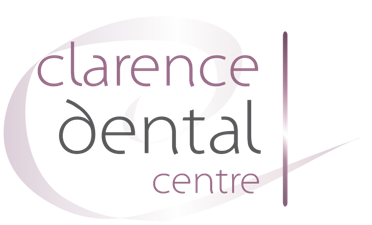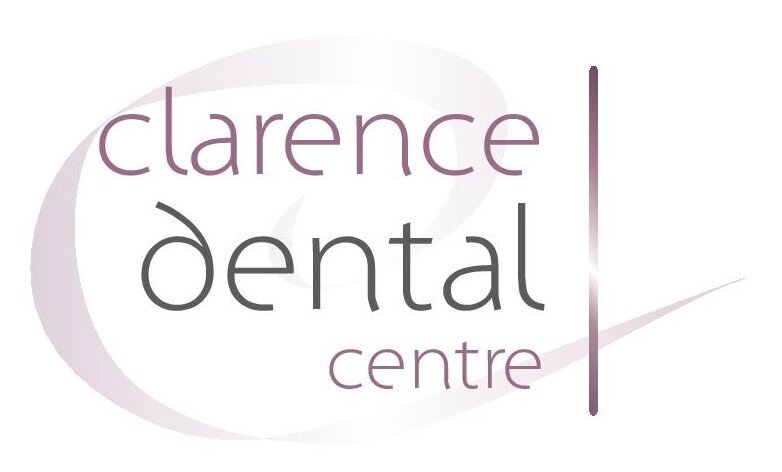Broken Teeth: Options for Repair and Restoration
A broken tooth can be a painful and unsightly experience, but the good news is that there are several options available for restoring the tooth to its original state. Here are some of the most common ways to restore a broken tooth.
Dental Resin Bonding
Dental bonding is a simple and cost-effective way to repair a broken tooth. A dentist will apply a tooth-coloured resin to the broken tooth and shape it to match the surrounding teeth. The resin is then cured with a special light, and the tooth is polished to give it a natural look.
Dental Crowns
A dental crown is a custom-made cap that covers the entire visible portion of a damaged tooth. Crowns are made of porcelain, ceramics, or metal, and can be colour-matched to your existing teeth. Crowns are a great option for repairing broken or heavily decayed teeth.
Dental Veneers
Dental veneers are thin shells of porcelain or resin that are placed over the front surface of a damaged tooth. Veneers are designed to match the shape, colour, and size of your existing teeth, making them a great option for restoring broken teeth that are visible when you smile.
Dental Bridges
A dental bridge is a dental appliance that is used to replace missing teeth. Bridges can be used to replace one or more missing teeth, and they are attached to the surrounding healthy teeth. Bridges are a great option for restoring a broken tooth if there are other missing or damaged teeth in the same area.
Dental Implants
Dental implants are a permanent solution for missing teeth. Implants are titanium screws that are inserted into the jawbone to replace the root of a missing tooth. Once the implant has healed, a crown is attached to the top of the implant to restore the appearance of a natural tooth.
There are several options available for restoring a broken tooth, and the best option will depend on the extent of the damage and the overall health of your teeth and gums. If you have a broken tooth, it is important to see a dentist as soon as possible to prevent further damage and to ensure that the best possible treatment is provided.


